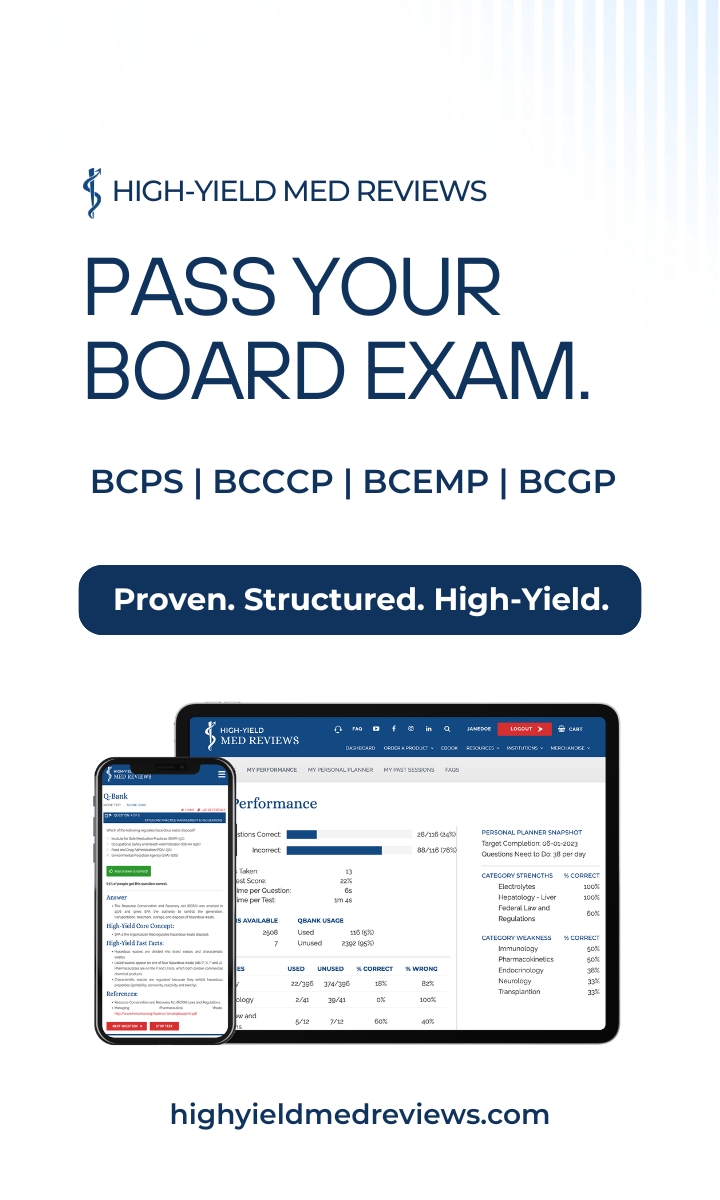Lab Test: Brain Natriuretic Peptide Level
|
|---|
- Measurement of brain-type natriuretic peptide (BNP) in plasma for the evaluation and management of ventricular dysfunction
- Adults: <167 pg/mL (<167 ng/L)* (PDR); <100 pg/mL or <100 ng/L (SI units)
- Critical Values: > 100 pg/mL
- Pulmonary embolism - BNP level < 50 pg/mL may suggest a benign clinical course.
- Suspected heart failure - BNP level > 100 pg/mL is suggestive of a diagnosis of symptomatic heart failure, and a BNP > 400 pg/mL is strongly suggestive of congestive heart failure (CHF), although the average BNP level in patients with CHF is greater than 600 pg/mL. An elevated BNP may not correlate with chest X-ray findings of CHF. BNP is particularly influential in affecting the post-test probability of CHF in those patients with an intermediate pre-test probability.
- Because BNP increases with age and is affected by gender, comorbidity, and drug therapy, it should not be used in isolation from the clinical context. BNP may be moderately elevated (from 100 to 500 pg/mL) in the absence of CHF in those patients with a history of atrial fibrillation, cardiomegaly on chest X-ray, increased age, decreased body mass index (BMI), or a low Hgb.
- A BNP < 50 pg/mL indicates the absence of CHF.
- BNP levels are generally higher in healthy women than healthy men.
- BNP levels are higher in older patients.
- BNP levels are elevated in patients who have had cardiac surgery for 1 month postoperatively. This does not reflect the presence of CHF.
- There are several different methods of measuring BNP. Normal values vary whether or not the whole protein of a BNP fragment protein is measured.
- Natrecor (nesiritide), a recombinant form of the endogenous human peptide used to treat CHF, will increase plasma BNP levels for several days.
- Collect 5 mL of blood
- Apply pressure to the venipuncture site and assess the site for bleeding.
Natriuretic peptides (NPs) are endocrine peptides that oppose the activity of the renin-angiotensin system. BNP is one of three major NPs and its main source is the membrane granules in the cardiac ventricle, although it was initially found in porcine brain. BNP has been implicated in the pathophysiology of hypertension, CHF, and atherosclerosis. It is released in response to ventricular stretch and will cause vasorelaxation, inhibition of aldosterone secretion from the adrenal gland and renin from the kidney, thereby increasing natriuresis and reduction in blood volume.
BNP correlates well to left ventricular pressures. As a result, BNP is a good marker for CHF. The diagnostic accuracy of BNP at a cutoff of 100 pg/mL was 83.4% in research studies. The higher the levels of BNP are, the more severe the CHF.
The criteria for defining normal and abnormal ranges in BNP are largely lab-and test-specific. The described significant interassay variability depends on the specific peptide fragment being quantified and the specific immunoassay being used.
Increased
levels:
Congestive heart failure, myocardial infarction
systemic hypertension, heart transplant rejection, Cor pulmonale
MESH Terms & Keywords
|
|---|
|





